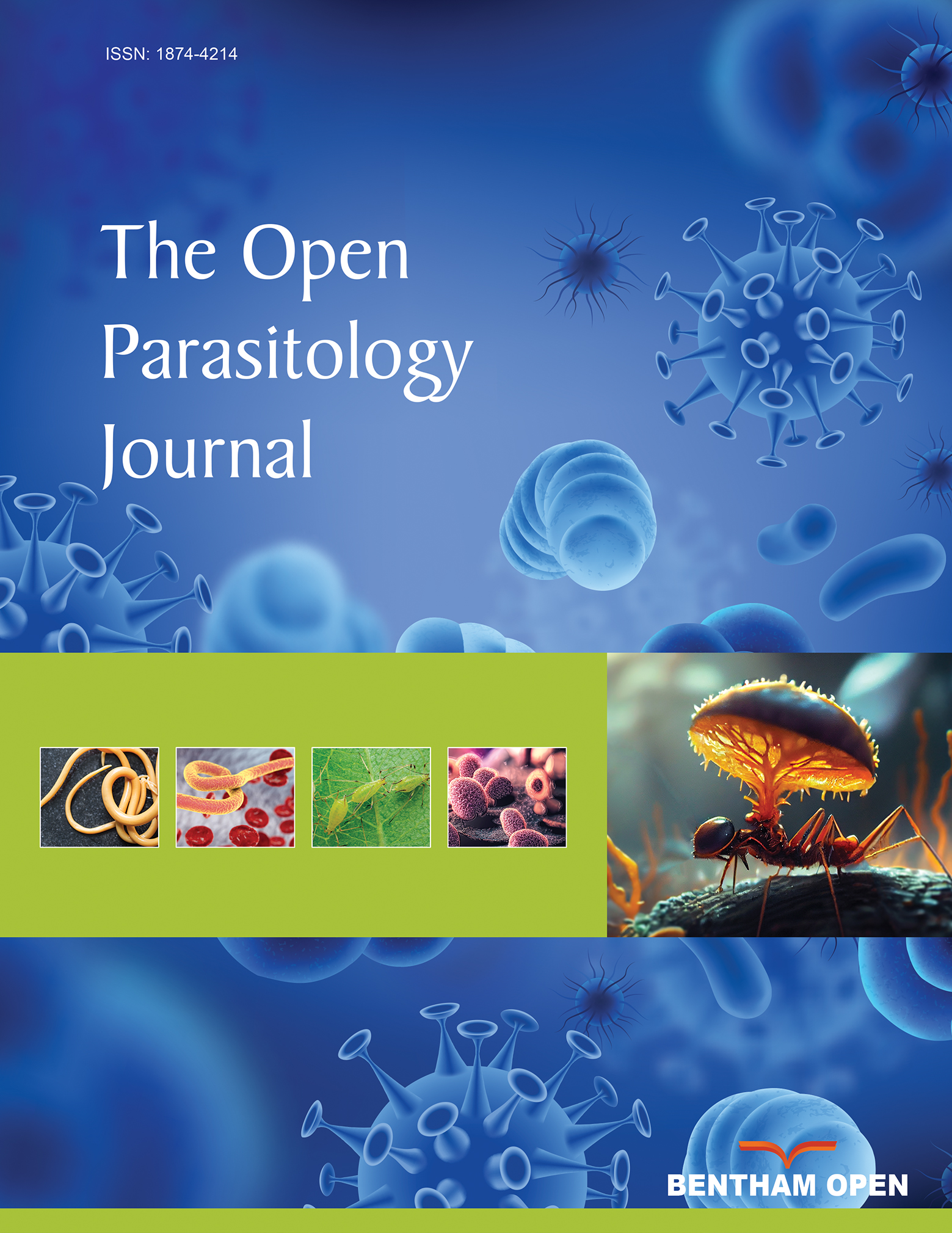All published articles of this journal are available on ScienceDirect.
Antineoplastic Chemotherapy and its Effects on the Gastrointestinal Parasitism of the Dog
Abstract
Background:
In veterinary medicine, an increasing incidence of neoplastic diseases has been followed by a growth in the use of chemotherapeutic drugs, often associated with opportunistic infections.
Objective:
This study aimed to assess the prevalence of gastrointestinal parasites in dogs undergoing antineoplastic chemotherapy in the Lisbon Metropolitan Area, as well as their evolution throughout the protocol and respective effects of chemotherapy on dogs’ lifestyle.
Methods:
Faecal samples were collected in a group of 30 dogs being treated for neoplastic diseases under different protocols, previous (G1) and during chemotherapy (G2). In total, 60 samples were analysed by Willis flotation, natural sedimentation, Baermann technique and faecal smear stained with Ziehl-Neelsen. A survey to characterize animal lifestyles and deworming care were also conducted with dog’s tutors.
Results:
In total, there were two positive samples for the protozoan Giardia sp., one of which is in association with the nematode Toxascaris leonina. The two dogs only obtained positive results during chemotherapy (G2). An overall prevalence of gastrointestinal parasitic diseases of 6.7%, in G2, and 0%, in G1, was obtained.
Conclusion:
The low parasite prevalence has not allowed the evaluation of an association between the use of antineoplastic compounds and infections by gastrointestinal parasites. However, it was concluded that the studied groups were efficiently dewormed, as well as they did not experience any obvious changes in their parasitological component and its lifestyle.


